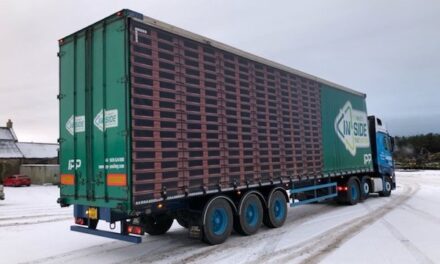A new research hub will lead the use of digital twins in determining how transport systems, including road can be decarbonised as quickly, safely and cheaply as possible.
The TransiT Hub, led by Heriot-Watt University in Edinburgh and the University of Glasgow, is supported by a £46 million investment from the UKRI Engineering and Physical Sciences Research Council (EPSRC) and 67 partners. (The RHA is one of the partners.)
This project will use digital twins, digital replicas of the physical world which collect data in real time by sensors connected to infrastructure such as roads or shipping.
This means real-world data can be analysed to test and improve different scenarios, and the digital twin can then send back its solution for an improved process to the physical world in near real-time.
Commenting Chris Ashley, RHA lead for the environment, said:
“We strongly welcome the TransiT initiative. Cutting emissions is essential as we focus on Net Zero, and it’s vital we have a clear understanding over how this is achieved sustainably.
This innovative work by Transit to pioneer “digital twinning” to replicate and model the physical world will inform our knowledge and, in turn, the investments needed.”









